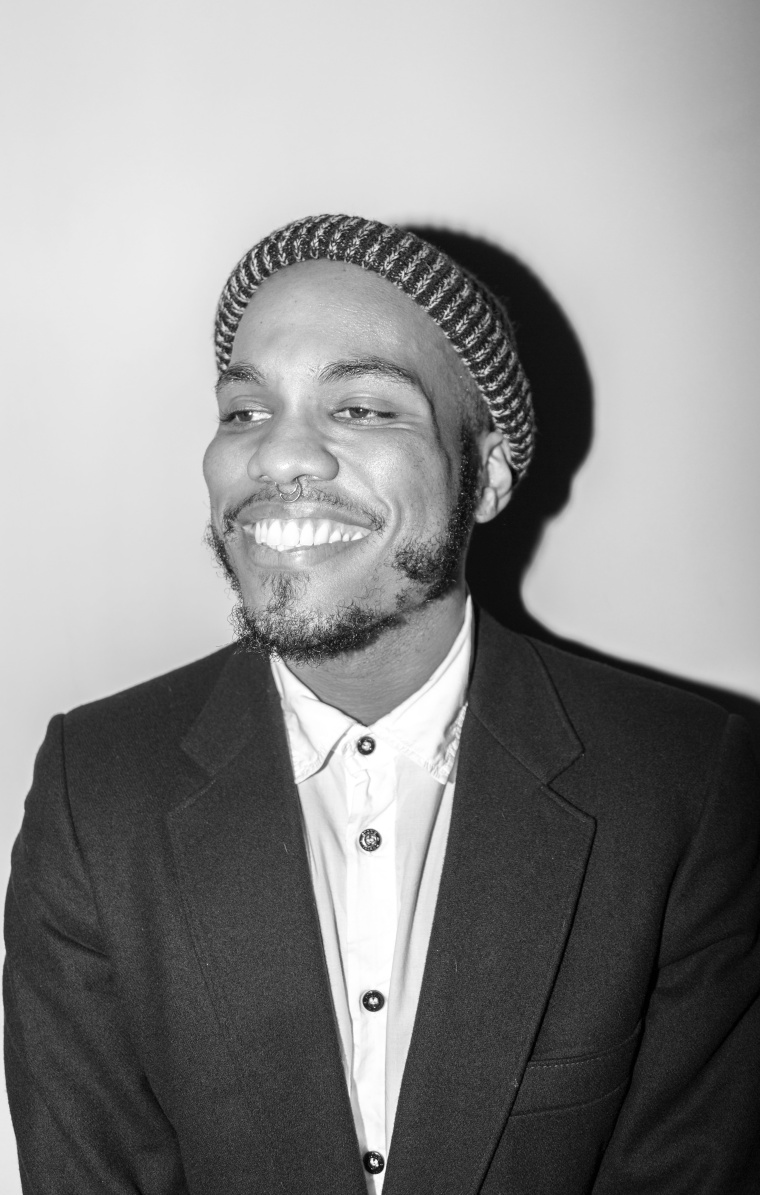
Thursday night, as purple lights pressed against the stage at the downtown New York City music haunt SOBs, Anderson .Paak arrived. In present form, the caramel-faced Afro-Korean musical polymath from Oxnard, California was incomplete, wounds of a young singer-songwriter still very much visible, but also evidence of the journey behind him. What had he endured, in the years prior, to arrive before us? What hurdles had he crossed? What family members or friends had he lost to get here? What all had he given up so he could give us himself fully? Questions knotted my mind as I watched the 29-year-old performer before me.
Paak’s first sold-out show in New York City signaled not just where he had been but also where he intended to go. Newly signed to Dr. Dre’s Aftermath imprint and backed by his band, The Free Nationals, Paak prowled the stage and poured forth an ecstatic, near-electric energy into the crowd, a mix of disparate city dwellers. Each, it seemed, had come from his or her own pocket of the city—Bushwick, Harlem, the East Village, Bed-Stuy—to witness the arrival of an artist who is challenging the aesthetics of sound. There is a certain blues-tinged lyricism in the music of Anderson .Paak; at times it can feel manic and unorderly, though never out of control.
He fluidly ran through tracks from Venice, his 2014 studio debut, and Malibu, his second, newly released album—a dense amalgamation of soul, deep funk, and R&B, which forgoes some of the hip-hop ethos that frames his early work. At infrequent points during his hour-plus set, Paak jumped on drums, joining in with the Nationals' spirited play. The most memorable of those moments came when he asked Sonyae Elise, the blue-haired Los Angeles singer, to join him on stage for “Room In Here,” a delectable mid-album joint from Malibu that features The Game and Elise.
Throughout the night, Paak repeatedly deployed his signature call: Yes, lawd! It’s a chant he often utilizes to dazzling effect in various songs, sometimes as euphoric punctuation. Before he ended his set, Paak offered the exclamation one last time—an affirmation of arrival, one that forcefully, powerfully, perfectly named the roads traveled and the roads ahead.


